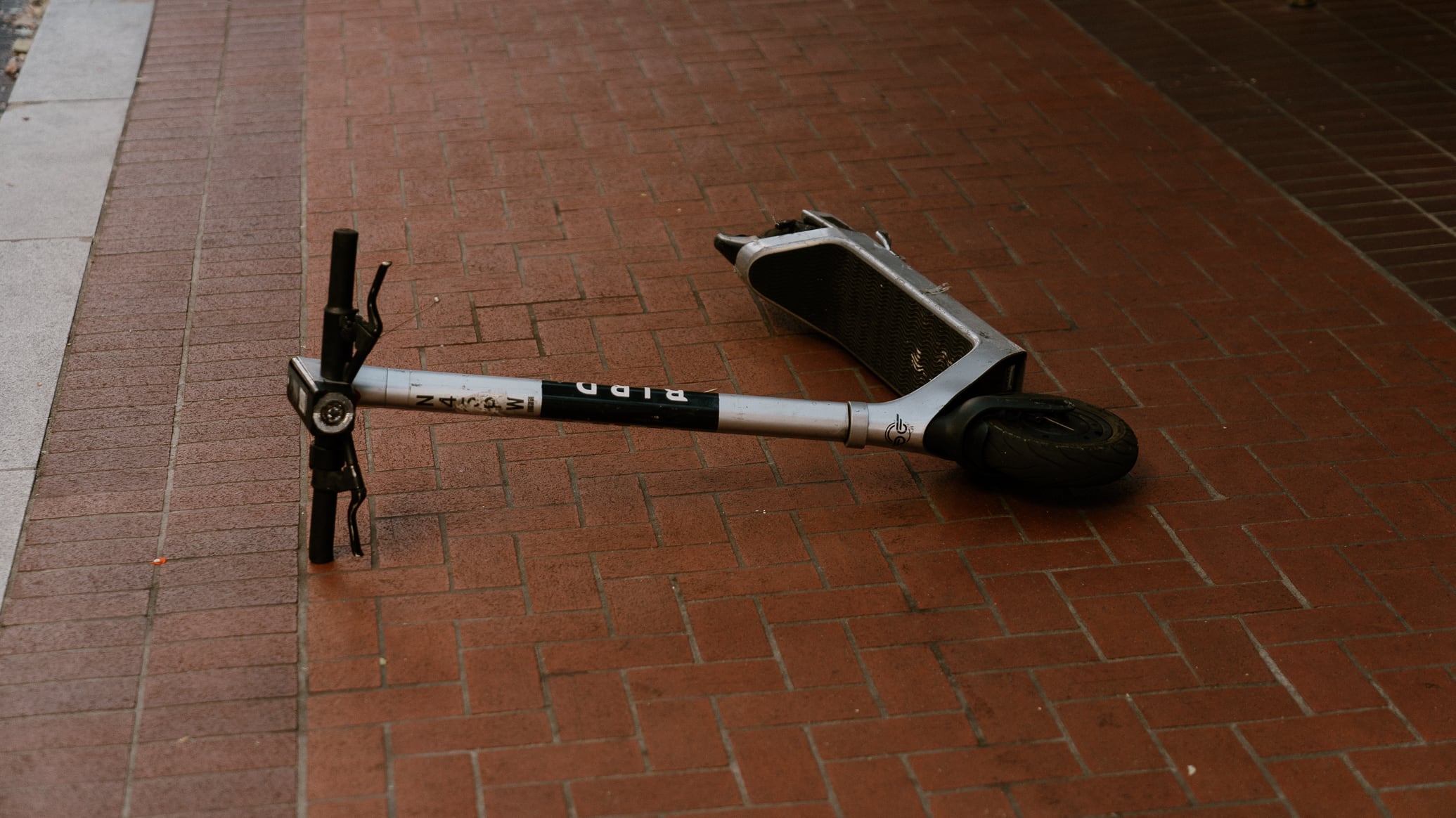The Multnomah County District Attorney’s Office launched two new programs last year to divert people accused of violent offenses from prison time.
The first was profiled in this week’s paper: a treatment court for Measure 11 offenders.
The second is called Restorative Roots. It’s a partnership among prosecutors, public defenders and a local nonprofit, The Insight Alliance, that offers victims of violent crimes an alternative to the traditional criminal justice system.
The process, known broadly as restorative justice, gives victims and offenders counseling, face-to-face meetings, and an opportunity to pursue justice on their own terms.
The Multnomah County District Attorney’s Office, Metropolitan Public Defender and The Insight Alliance call the program a “victim-centered approach to justice” in a summary of the program shared with WW.
“This program was created to reshape the way we view community safety,” says Stephen Fowler, who directs the program at The Insight Alliance.
Under the program, prosecutors can choose to refer victims of low-level violent crimes to The Insight Alliance. If a victim agrees to that idea, prosecutors don’t file an indictment. Only some crimes are eligible, and prosecutors have discretion over when it’s offered.
If the defendant completes the program, the indictment is dropped. If they walk away and don’t complete the program, which can take many months, then charges are reinstated.
“In restorative justice, the victim drives the bus,” says Mariel Mota, the prosecutor managing the program for the DA’s office.
So far, only a handful of people have taken prosecutors up on the offer—and none has yet concluded the program’s first phase. (Face-to-face meetings begin in the second.)
The program is still in its infancy, Mota says. “The number of victims that I interact with that say, ‘Yeah, I think this is a better solution,’ has been surprising to me,” she tells WW. “You take a holistic approach and you change someone’s mind, instead of just putting them in a box for four years and saying good luck.”
Money for the program came through from the state in August, thanks to a bill passed in 2021 that funded eight restorative justice programs across the state.
The one in Portland is based on a model developed in Oakland, where studies found a 91% approval rate from victims and significant reductions in recidivism: 44%, according to the summary.
“The objective of RJ is better victim outcomes and lower recidivism,” says DA spokeswoman Elisabeth Shepard.
First, participants are given access to counseling and social services as they prepare for face-to-face meetings, known as a circles. This phase can take anywhere from two to six months, Fowler says.
At the circles, the parties devise an accountability plan, which could involve anything from restitution to community service. “The dialogue is really about talking about the harm—and then it’s about what is needed to make the situation right,” Fowler says.
The final phase is repairing that harm, during which the parties implement the plan and The Insight Alliance tracks progress. For example, Fowler says, a bicycle thief might agree to volunteer at a local bicycle repair shop. The nonprofit notifies prosecutors once the plan is complete.
“This is healing work,” Fowler says. Participants can discover they’ve suffered the same ordeals and can “truly apologize” during the sessions, he adds.
The result: “The lightheartedness of seeing the human being across from you, instead of having a monster in your head for so many years.”
Correction: The original version of this article incorrectly referred to the name of the nonprofit running the program. It is The Insight Alliance.

